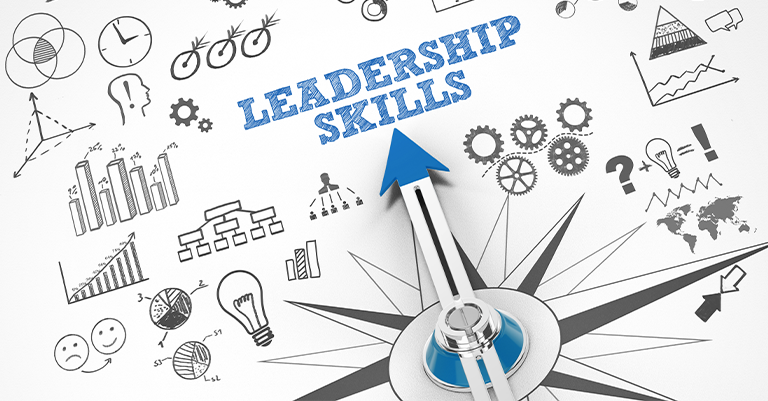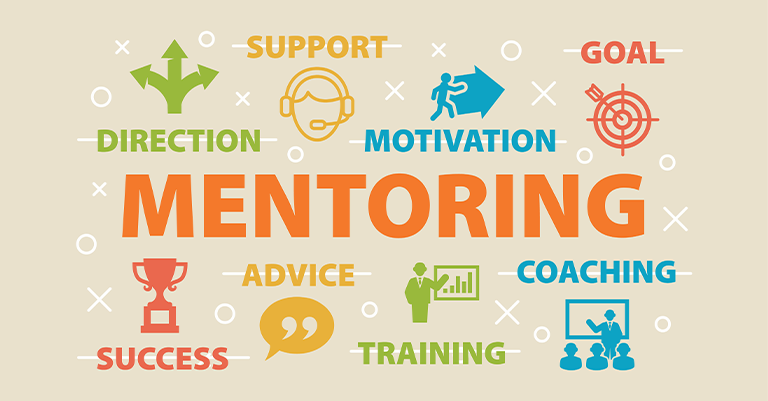Great leadership is defined by skills that help leaders inspire, guide, and uplift others. These skills shape how leaders influence their teams, solve problems, and make decisions. Strong leaders possess more than authority—they display qualities that encourage trust, loyalty, and respect. This article explores the essential leadership skills needed for success, how they impact leadership effectiveness, and ways to build these valuable traits over time.
What Makes Leadership Skills So Important?

Leadership skills are crucial because they directly affect how leaders interact with their teams and achieve goals. Good leaders inspire others, set clear directions, and foster collaboration. Their actions often determine whether an organization succeeds or fails. Leadership skills go beyond managing tasks; they’re about influencing people positively. Teams feel supported when leaders show confidence, communicate clearly, and solve problems effectively.
Effective leadership skills can transform workplaces by promoting creativity, innovation, and motivation. When leaders focus on people, they empower them to contribute their best. Leadership skills are also important for resolving conflicts and guiding organizations through challenges. By mastering the right skills, leaders create environments where everyone feels valued, improving productivity and overall performance.
Building Trust with Strong Leadership
Building trust is one of the most valuable skills a leader can have. Trust encourages team members to share their ideas, take risks, and collaborate more openly. Leaders who build trust show consistency, transparency, and accountability. They keep their word and respect their team’s needs.
Trust is earned when leaders actively listen to concerns, provide clear feedback, and support their teams in difficult situations. When team members feel they can rely on their leader, they are more motivated to contribute. A trusting work environment helps boost morale and increases productivity. It also strengthens relationships within the team, reducing conflicts and improving cooperation across departments.
Effective Communication as a Key Skill
Effective communication is essential for good leadership. Leaders must express their ideas clearly, listen actively, and ensure everyone understands their messages. Good communication helps leaders build stronger connections with their teams so everyone stays on the same page.
Communication goes beyond speaking—it’s also about understanding the needs and concerns of team members. Leaders who can communicate well create open lines of dialogue, helping to prevent misunderstandings or conflicts. They also know how to adapt their communication style to different situations, ensuring their messages effectively reach all audiences.
Key Leadership Skills Every Leader Needs

There are several core skills that every leader should develop to succeed. Some of the most important skills include problem-solving, decision-making, adaptability, time management, conflict resolution, and emotional intelligence. Each of these skills plays a crucial role in how leaders manage their teams and guide organizations toward success.
Leaders who can effectively solve problems and make good decisions are often able to handle complex situations with ease. They don’t shy away from challenges but face them with confidence and a clear plan. Adaptability allows leaders to adjust their strategies when situations change. These leadership skills are interconnected and help form a strong foundation for any great leader.
Problem-Solving for Leaders
Problem-solving is a critical leadership skill that requires analytical thinking and creativity. Leaders often face challenges that demand quick, effective solutions. They must assess situations, weigh different options, and choose the best course of action.
Effective problem-solvers break down complex issues into smaller, more manageable parts. They ask the right questions, seek input from others, and consider multiple perspectives before making a decision. This approach helps leaders develop solutions that are not only effective but also sustainable. When leaders master problem-solving, they create a more resilient and adaptable team.
Decision-Making Abilities
Strong decision-making is another essential skill for leaders. Every day, leaders face decisions that can impact the direction of their teams and organizations. The ability to make informed, timely decisions is key to achieving long-term success.
Effective leaders gather relevant information, analyze risks, and consider the potential outcomes of their decisions. They also recognize when to consult others and when to act independently. Leaders who can make decisions confidently and efficiently are more likely to steer their teams toward success.
Adaptability in Changing Environments

Adaptability is a must-have skill in today’s fast-paced world. Leaders must be ready to adjust their strategies and approaches as situations change. Adaptable leaders can handle unexpected challenges, shifting priorities, or evolving market conditions with ease.
By staying flexible and open to new ideas, adaptable leaders are better equipped to manage change. They inspire their teams to stay calm and focused during times of uncertainty, fostering a culture of resilience. Adaptability allows leaders to find creative solutions to problems and seize opportunities as they arise.
Time Management
Time management is an often overlooked yet vital leadership skill. Leaders must manage their time effectively to balance multiple responsibilities, set priorities, and meet deadlines. Good time management ensures that leaders stay organized, delegate tasks efficiently, and avoid burnout.
Leaders with strong time management skills can maintain focus on their most important goals, avoid being overwhelmed by distractions, and keep their teams on track. Time management also improves productivity by allowing leaders to allocate their resources wisely and ensure that every task receives the attention it needs.
Conflict Resolution

Conflict resolution is a skill that every leader needs. Workplace conflicts can arise for many reasons, but skilled leaders can address these issues before they escalate. Leaders who handle conflict well help create a peaceful and cooperative environment.
Resolving conflicts requires empathy, active listening, and fairness. Leaders must remain neutral while guiding team members to understand each other’s perspectives. By mediating conflicts effectively, leaders foster a sense of harmony, allowing their teams to focus on achieving shared goals.
Emotional Intelligence
Emotional intelligence (EQ) is the ability to understand and manage one’s own emotions, as well as the emotions of others. Leaders with high emotional intelligence are more empathetic, self-aware, and in tune with their teams. This helps them navigate challenges and communicate more effectively.
Emotional intelligence allows leaders to connect with their teams on a deeper level, building trust and fostering a positive work environment. It also improves decision-making by helping leaders remain calm and rational, even in stressful situations. Leaders with strong EQ are better at motivating their teams and resolving conflicts.
Developing Leadership Skills Over Time

Leadership skills are not fixed—they can be developed and improved over time. Even the most skilled leaders continue to learn and adapt as they face new challenges. By focusing on continuous learning and seeking mentorship, leaders can sharpen their abilities and become even more effective in their roles.
Leaders who invest time in self-improvement build stronger teams and organizations. They stay open to feedback, reflect on their past decisions, and look for ways to grow. This mindset of ongoing development helps leaders stay flexible and responsive to the ever-changing demands of their work.
Continuous Learning

Continuous learning is essential for leadership growth. The most successful leaders are those who remain open to new ideas, skills, and perspectives. They understand that learning is a lifelong process and are always looking for ways to improve.
By staying curious and seeking out new opportunities for development, leaders can adapt to changing environments and challenges. Whether through formal training, reading, or seeking advice from peers, continuous learning helps leaders stay ahead in their fields. It also encourages innovation and creativity within their teams.
Mentorship and Feedback
Mentorship plays a vital role in leadership development. Leaders who seek guidance from others can gain valuable insights into their strengths and weaknesses. Feedback from mentors, peers, and team members helps leaders understand how to improve their skills.
Mentorship also creates opportunities for leaders to pass on their knowledge and support the next generation of leaders. When leaders engage in mentorship, they contribute to a culture of continuous improvement within their organizations. Feedback is also a powerful tool for personal growth, allowing leaders to reflect on their performance and make necessary adjustments.
Conclusion: Leadership Skills Define Success
Leadership skills are the foundation of effective leadership. By building trust, communicating clearly, solving problems, and making informed decisions, leaders can guide their teams to success. These skills aren’t just for those in high-level positions—they are valuable for anyone looking to influence and inspire others. Great leaders continually develop their skills, creating environments where their teams can thrive and reach their full potential.




